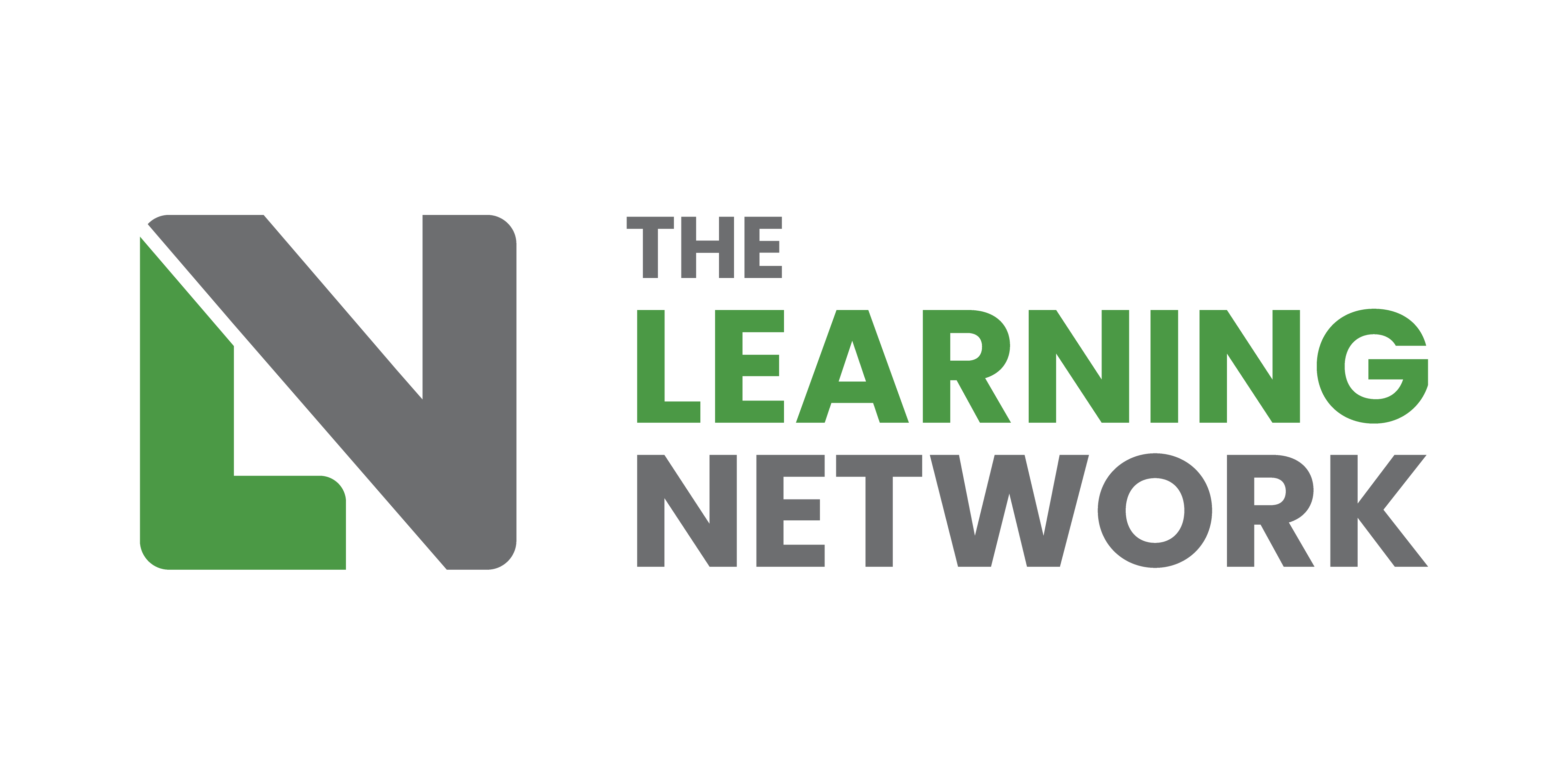By Neha Baj, Learning Network member.
While clearing out my parents’ attic recently in preparation for their house sale, I found the inevitable box of teenage possessions with my name scrawled all over it. In amongst the cringeworthy memorabilia – a signed poster from a gig, a much-loved necklace I wore everywhere for a year – I found a movie review I’d handwritten (not typed!) for an assignment, back in 1998. And there, in the References section, was a really long URL directing to my source, the IMDB webpage for the movie I had reviewed. I could hardly believe I’d heard of this website back then, because, Reader, it’s fair to say I’m obsessed with IMBD now.
If you’re not already familiar with the treasure trove that is the Internet Movie Data Base (www.imdb.com), here’s a quick overview. This is a platform that provides comprehensive detail on pretty much every movie and TV programme you can think of, from the cast and crew involved in creating it, to the critics’ reviews, to the parental guide (which I now value a lot), and my personal favourite – the trivia section, which lists the quirky anecdotes and weird connections associated with the feature. Seen from the point of view of a commercial endeavour, it provides a summary of what it takes to get a project to completion – the vision, the operations, the money it made, the awards it won.
But for me, the most fascinating part is the talent – particularly the career paths that led people to work on the project that you’re currently binge-watching.
Career momentum
In the media industry, the word ‘talent’ is often used to describe those that appear on screen. For me, the word ‘talent’ describes every single individual who worked on the project, from the producer, to the composer, to the cinematographer and everyone else that together make the project unique. This sort of data is the best thing about the Internet – I deeply enjoy the rabbit hole of tracking people’s careers. What was that actor in before? Didn’t I hear similar music in another movie? Did that person really work on my favourite 80s sci-fi caper too? I can’t believe another sequel is in production!
So how do freelancers in this industry move from project to project?
While permanent jobs are not unheard of, the more prominent employment culture is what somewhat more informal. As ScreenSkills, the UK’s industry-led body for skills and talent in the screen industries explains, in the absence of large, corporate HR teams, getting a job can often be informal: “A colleague you have worked with previously might call you for ‘a chat’ about a new production they are working on, and a few minutes later the role is yours. There may be no job description, no clear expectations and perhaps no other candidates were considered for the role.” [1]
While people do still rely on methods such as agents, portfolios, industry meetups and social media, once you’re started, much of the movement is down to who you worked with before and on what.
Squiggly careers
Careers in this industry are often not linear trajectories, but as Sheryl Sandberg, former COO of Meta might describe them, more like ‘jungle gyms’. She advises professionals to “look for opportunities, look for growth, look for impact, look for mission. Move sideways, move down, move on, move off. Build your skills, not your resume.” [2]
Careers in screen industries can be circuitous, go forwards to more senior roles and then backwards to apparently junior roles. Sometimes there is no peak to be achieved and sometimes there is no retirement to be had. The industry is dominated by jobbing professionals, picking up work as and when they can, sometimes busy non-stop for years and sometimes with significantly long fallow periods.
These can be described ‘squiggly’ careers. As Chris Grimes writes in a recent article in HR magazine, the phrase ‘squiggly career’ “is used to describe a career path that includes multiple jobs across sectors, spanning permanent and temporary employment. It was first coined by Helen Tupper and Sarah Ellis in their book of the same name back in 2020” [3].
Squiggly careers are often not linear, not predictable, not defined in a career pathway – but they absolutely can be progressive.
Career progression
In corporate talent development, we often interpret an individual’s career progression as a path to seniority – supervisor, team leader, manager, leader. The recent success of AI-driven skills and talent marketplaces like Fuel50 has opened up opportunities for people to map out alternative visions for their careers, often by moving into positions where their skills are in demand but which are not the obvious choice. This type of movement suits many people, for many reasons. We’ve all worked with people who love what they do, are really good at it, aren’t bored of it and don’t want added responsibility.
Career progression for freelancers in the screen industries is not always about chasing seniority. It’s about knowledge that’s been earned, through successes that have been hard-won on increasingly challenging and difficult projects, where skills are more prized because of lengthy, specialised experience. Where you get your next gig because of your reputation and because people are just excited to work with you again. Where having a great career is not about being a star, or even being recognisable in the next venture, but simply doing plenty of interesting projects (and the inevitable, occasional dud).
Rebirth and regrowth
Every now and then when I watch a TV programme (and then get lost in the career path of a talented individual in it), I pause to consider what at first glance might appear to be a ‘fall from grace’ – “that person used to be really famous but look at what they’re doing now”. But you know what – they’re still working, and that in itself can be good enough. And often a smaller, shorter role can be spellbinding and steal the show – maybe not award-winning, but memorable. In many cases, a little role like that has been known to launch a whole new era in that person’s career, bringing in a new generation of fans to their abilities and their back catalogue.
And let’s not forget the stories of careers that only took flight late in life, after someone had been working on a diversity of projects for years, decades even. It’s this experience that connects the likes of Sir Patrick Stewart to Pedro Pascal, who are both enjoying success in what would traditionally be a later phase in their careers.
If there’s no defined end point to your squiggly career – you’re not aiming to be CEO of the company – doesn’t that open up a wonderful new set of possibilities?
Freelancer talent
Better than any other online professional network, IMDB showcases, to some degree of accuracy, the career paths of talented individuals – the vision they want to create, the experience they bring, the potential they have on a project. It also showcases how this industry – and let’s face it, every other industry – operates: on human connections, relationships and reputations built from previous projects. Because more than anything, talent development is about human connections and seeing the potential in people and the work we do together.
And as with L&D, the screen industries are all about storytelling. Harrison Ford is famous in the industry as someone who loves his job but hates talking about it. So, what keeps him coming back to work? – “I’m still excited about the prospect of telling a story. I think this is a service occupation — telling stories. We need it.” [4]
References
1. ScreenSkills (n.d). What is the HR Toolkit. ScreenSkills. Available from: https://www.screenskills.com/industry/hr-toolkit/what-is-the-hr-toolkit/
2 Yarow, J. (2012). Sheryl Sandberg’s Full HBS Speech: Get On A Rocketship Whenever You Get The Chance. Business Insider. Available from: https://www.businessinsider.com/sheryl-sandbergs-full-hbs-speech-get-on-a-rocketship-whenever-you-get-the-chance-2012-5?op=1
3 Grimes, C. (2024). The future looks squiggly. HR Magazine. Available from: https://www.hrmagazine.co.uk/content/comment/the-future-looks-squiggly
4 Hibberd, J. Harrison Ford: “I Know Who the F*** I Am”. Hollywood Reporter. Available from: https://www.hollywoodreporter.com/feature/harrison-ford-interview-shrinking-indy-5-1923-1235318736/



